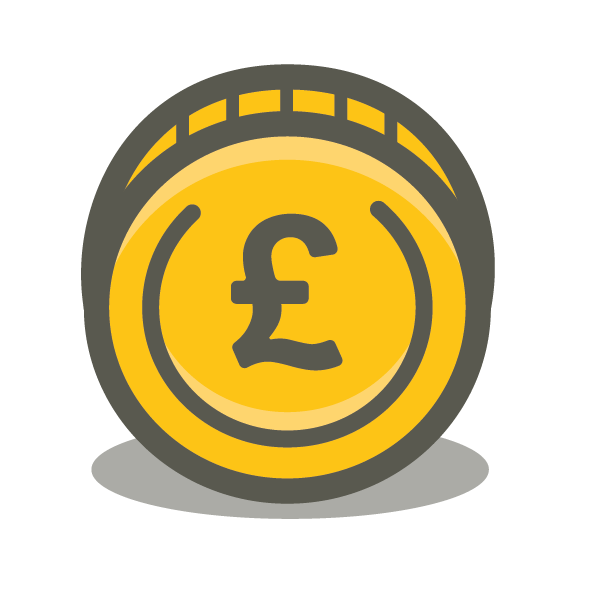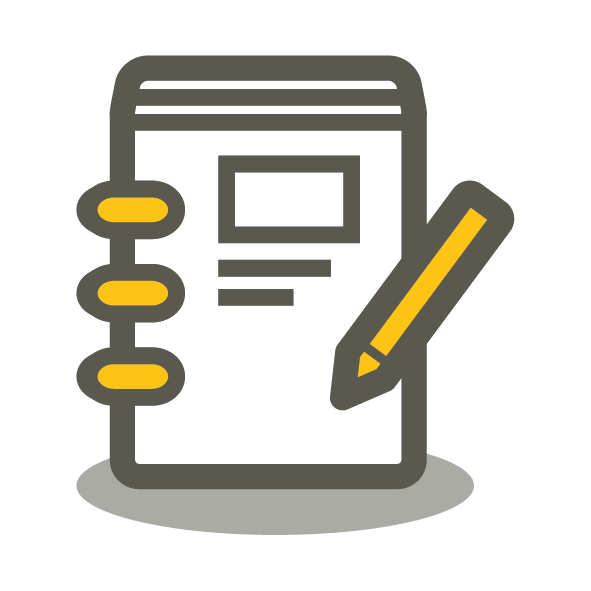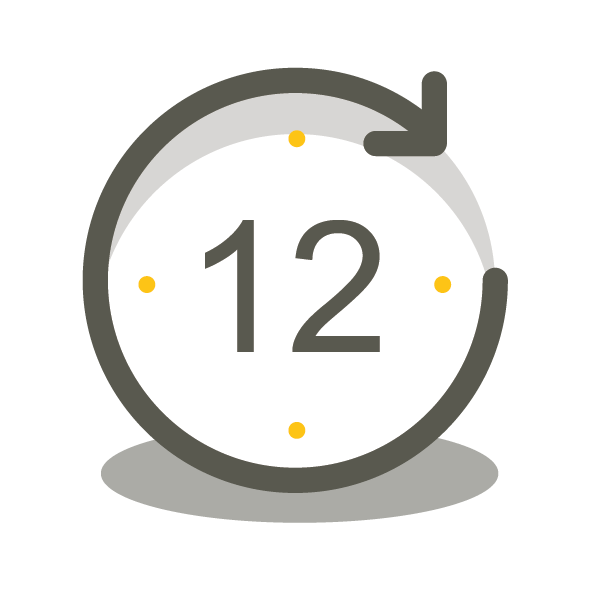Thinking of going freelance when you graduate, or started your own side business already, but don’t know what to do about tax?
- If you want to be self-employed (also referred to as a ‘sole trader’) you need to notify HMRC by 5 October following the end of the tax year in which you started your new business.
- You’ll then need to file self-assessment tax returns and pay any income tax, Class 2 and Class 4 National Insurance Contributions due by 31st January annually.
- You may also need to pay additional ‘payments on account’ due by 31st January and 31st July annually.
- If you want to set up a company, instead you just need to register this with Companies House before you start trading under your company name. HMRC will be notified about the new company and instead you’ll need to submit company accounts and a corporation tax return annually. The deadlines will depend on when you set up the company.
What’s useful to know?
Tax Year
The tax year runs from 6 April to 5 April each year (you can choose the financial year for a company). The tax rates and thresholds usually change in line with the tax year, so what you might owe for this tax year may end up being quite different to next year. The government budget announcements tell us any new rates and thresholds for the year ahead.
Business claims
There are lots of things you can and can’t claim against your business income to reduce your profits and reduce any tax payable. Some will be less clear-cut than others so it’s always worth reaching out to an expert.
Making Tax Digital (MTD)
From April 2024 Making Tax Digital (MTD) for income tax self-assessment is introduced which will change the reporting requirements for many from annually to quarterly.
Buying property
If you’re self-employed and eventually want to buy your own property, you’ll usually need three years’ worth of self-assessment tax returns to demonstrate your earnings to your lender.
State Pension
It might seem like a long way off, but it’s worth remembering that to qualify for the state pension you need a certain number of qualifying years of earnings. If you don’t earn enough in a year to qualify, you might be happy enough that you have enough working years left, or alternatively you can make voluntary National Insurance Contributions to make up for the year. You can always check your record by setting up your own government gateway account with HMRC.
Self-assessment tax
Unless your last self-assessment tax bill was less than £1,000 or you pay more than 80% of all the tax you owe via PAYE (income tax on employed earnings), then you will need to pay payments on account. This is 50% of the latest year’s tax liability again up front for next year, payable by 31 January and 31 July each year. This can be a bit of a hit in your first year of self-assessment as you effectively have to pay 150% of your liability by your first January deadline so make sure you budget for this! Don’t forget to budget too for any student loan repayments that might fall due.
Sole Trader vs Starting a company
There are quite a few differences between setting up as a sole trader vs starting a company, with key differences being the reporting requirements, the types of tax you pay, and the limitation of liabilities for you personally. It’s not a ‘one size fits all’ approach so you should consider what’s best for you and speak to an expert if you’re unsure.
VAT registration
Whether self-employed or setting up a company you’ll need to keep the VAT registration threshold in mind. You don’t have to register until you breach the threshold in a 12-month period, but you can voluntarily register at any time. Once registered you can claim VAT back on your business purchases.
What to do next?
Keep electronic records
However you want to go into business, try to keep all your records electronically. There are lots of really useful accounts and tax softwares out there that will help you keep what you need and HMRC won’t require you to keep hard copies. Making Tax Digital will mean this becomes a requirement for most, so you may as well start now!
Be compliant
Try not to miss any deadlines otherwise you may face interest and penalty charges. If you want to engage an accountant to help, make sure you give them enough warning before the deadline day!
Ask for advice
If you’re not sure, ask for advice! Menzies offers a wide range of accounts, tax and advisory services and any one of our team will be happy to help.










